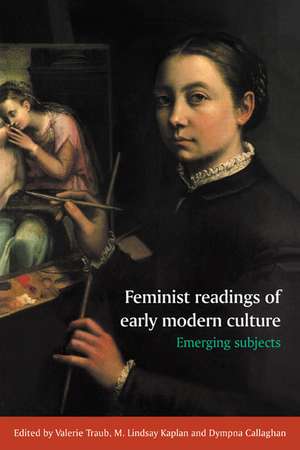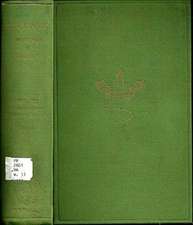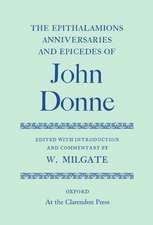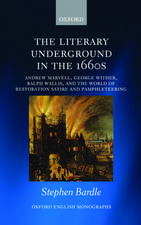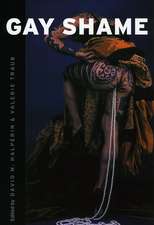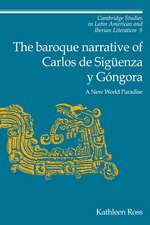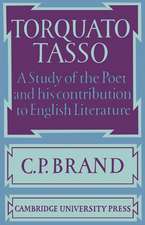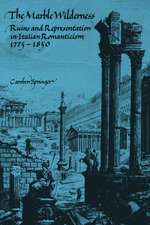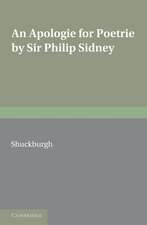Feminist Readings of Early Modern Culture: Emerging Subjects
Editat de Valerie Traub, M. Lindsay Kaplan, Dympna Callaghanen Limba Engleză Paperback – 9 oct 1996
Preț: 337.84 lei
Nou
Puncte Express: 507
Preț estimativ în valută:
64.65€ • 67.67$ • 53.81£
64.65€ • 67.67$ • 53.81£
Carte tipărită la comandă
Livrare economică 31 martie-14 aprilie
Preluare comenzi: 021 569.72.76
Specificații
ISBN-13: 9780521558198
ISBN-10: 0521558190
Pagini: 320
Ilustrații: 33 b/w illus.
Dimensiuni: 152 x 229 x 19 mm
Greutate: 0.45 kg
Ediția:New.
Editura: Cambridge University Press
Colecția Cambridge University Press
Locul publicării:Cambridge, United Kingdom
ISBN-10: 0521558190
Pagini: 320
Ilustrații: 33 b/w illus.
Dimensiuni: 152 x 229 x 19 mm
Greutate: 0.45 kg
Ediția:New.
Editura: Cambridge University Press
Colecția Cambridge University Press
Locul publicării:Cambridge, United Kingdom
Cuprins
1. Introduction Valerie Traub, M. Lindsay Kaplan, Dympna Callaghan; 2. Making it new: humanism, colonialism, and the gendered body in early modern culture Denise Albanese; 3. Gendering mortality in early modern anatomies Valerie Traub; 4. Wound man: Coriolanus, gender and the theatrical construction of interiority Cynthia Marshall; 5. 'The world I have made': Margaret Cavendish, feminism, and the Blazing-World Rosemary Kegl; 6. Reading, writing, and other crimes Frances E. Dolan; 7. Culinary spaces, colonial spaces: the gendering of sugar in the seventeenth century Kim F. Hall; 8. Caliban versus Miranda: race and gender conflicts in post-colonial re-writings of The Tempest Jyotsna G. Singh; 9. Rape, repetition, and the politics of closure in A Midsummer Night's Dream Laura Levine; 10. Subjection and subjectivity: Jewish law and female autonomy in Reformation English marriage M. Lindsay Kaplan; 'Where there can be no cause of affection': redefining virgins, their desires, and their pleasures in John Lyly's Gallathea Theodora A. Jankowski; The terms of gender: 'gay' and feminist Edward II Dympna Callaghan.
Descriere
The impact on women of the new developments of the Renaissance, and links with postmodernist femininity.
